The long-awaited television adaptation of Bong Joon-ho’s science fiction actioner (which, in turn, was adapted from the French graphic novel “Le Transperceneige” by Jacques Lob and Jean-Marc Rochette) is finally coming to our screens. The series, which has had its fair share of problems getting made, follows the lives of passengers on-board the last train on Earth as it circumnavigates a world that has turned into a frozen wasteland.
In this Malaysian exclusive, we catch up via Zoom with showrunner Graeme Manson for a conversation about all things Snowpiercer.
This interview has been edited for length and clarity.
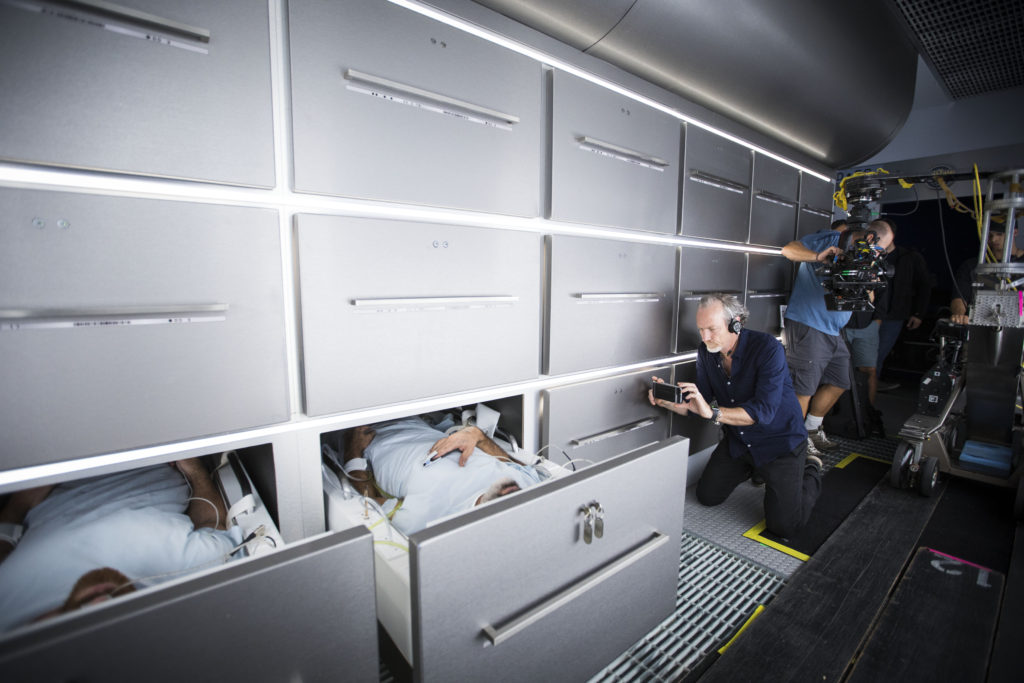
Umapagan Ampikaipakan: It’s no secret that it’s been a struggle getting this series to our screens. Talk to me about some of your biggest challenges in making this adaptation happen? When did you know that you had “cracked it” so to speak?
Graeme Manson: I loved the movie so much and that drove me to the graphic novels. I remember when I saw the movie and actually thinking there could be a TV series in there somewhere. Something like Battlestar (Galactica). Because I love the politics of it. I love how the movie was an action political thriller. Or, you know, a revolutionary story. So when I found out that I had a chance to pitch for it, I just went back to the graphic novels and read them again. I tried to figure out what the core Snowpiercer story was and what its core principles were…
UA: And then you threw in a little Murder on the Orient Express…
GM: … a little bit of Murder on the Orient Express. There’s a lot of train stuff to go with there. A train is a fun place to set a show and I love trains. I do love train journeys. So, that’s how it all came together.
UA: I just want to jump into the weeds a little. After seeing the pilot, I can’t tell you how happy I am that this wasn’t just another remake. Can you tell me why you decided to throw in the murder-mystery-police-procedural element into this story? What do you think it brought to the table?
GM: That was another element that was with the project when I came on and it was a strong choice. It’s a nice way to give a television audience a way into the crazy concept of Snowpiercer. To give us a familiar murder mystery. To give us someone to hang our hat on and let him be our eyes as we discover how this train works and how it really ticks. So it was a great way into the world which then very quickly becomes a wider story about Layton’s revolution and his ulterior motives. Ultimately, when he really comes up against Melanie later in the season, he’s beginning to understand the terrible personal sacrifices she has to make to keep them all alive. Humanising Melanie, and what Jennifer Connelly brought to that character, to slowly crack open and help us understand this villain, is one of the main throughlines of the show to enjoy.
UA: I don’t know who to love and who to hate. Which is always great in a show.
GM: Oh, good.

UA: The original Snowpiercer was something a lot of people didn’t get a chance to see in cinemas. It never did have an official release in the U.K. Here in Malaysia, it was in our cinemas for just over a week. How much do people need to know before going into this? Where does it sit with regards to both the comics and the movie?
GM: I think it’s the same concept that Director Bong took with the graphic novels. It’s a different train. It’s the same ideas, but it’s a different train that’s perhaps leaving at a different time. And there’s as many trains as there are writers who can imagine these worlds. It’s just taking those elemental ideas that came out of the graphic novel and just stay true to those core principles of it being an action adventure with deep stories of political heart and reflecting the challenges we face as a race. But also, as the graphic novels eventually lead to, there is hope left for us.
UA: So you can go into this blind.
GM: I think you can go in completely blind. We begin with a little animated intro that sets you in the world and is an homage to the graphic novels. But it’s a bit like Star Wars. A blurb off the top. I love those worlds which are set up with nothing more than “a long time ago, in a galaxy far, far away…” And you’re off to the races. Hopefully you can just slide right into it there.
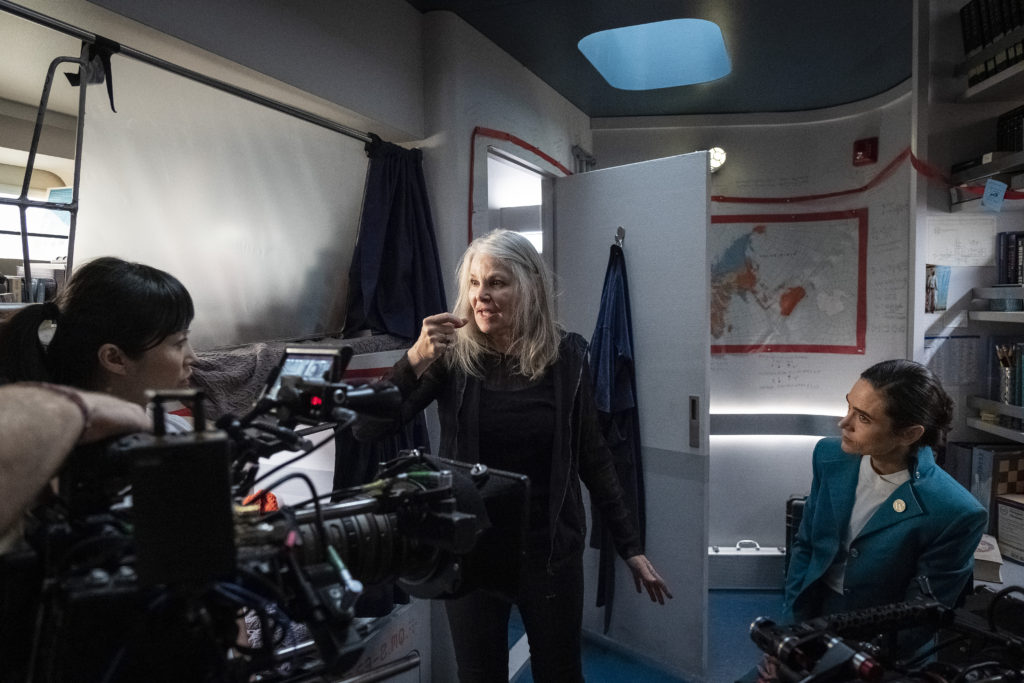
UA: Season 2 is now in post-production. And there will come a point when you have to go even further beyond the source material. So, besides Bong Joon-ho’s film and the Lob/Rochette graphic novels, what were some of your other points of inspiration when crafting this storyline?
GM: Battlestar. For sure. We also watched a lot of train movies. All kinds of train movies. What was the Kurosawa one that was remade with Eric Roberts?
UA: Runaway Train?
GM: Yes…
UA: Oh this will be a fun challenge. Throw Momma from the Train. Strangers on a Train.
GM: Strangers on a Train, of course. Trains come with their own tropes which is kinda fun. But the movie and the graphic novel are an endless source. And round about the middle of the season when the show really gets going, when the actors are really beginning to inhabit the characters, and it feels like the story is coming from the world that we’ve created. And that’s a great thing when you know it’s standing on its own.
UA: There is this moment between Melanie and Layton, when she calls Snowpiercer an ark and he thinks that it’s something far more dystopic and dictatorial. Who knew when you were making this that we would be living our sci-fi nightmares. What do you think the series means for us now? What does it speak to?
GM: It certainly speaks to authoritarianism. I think misinformation is also a big aspect of Snowpiercer. But this really is about how the class divide is thrown in high relief. Just like right now. In the time of COVID-19 or in any time of crisis. When the underprivileged pay the highest price.
UA: Thank you so much for your time Graeme.
GM: Cheers.

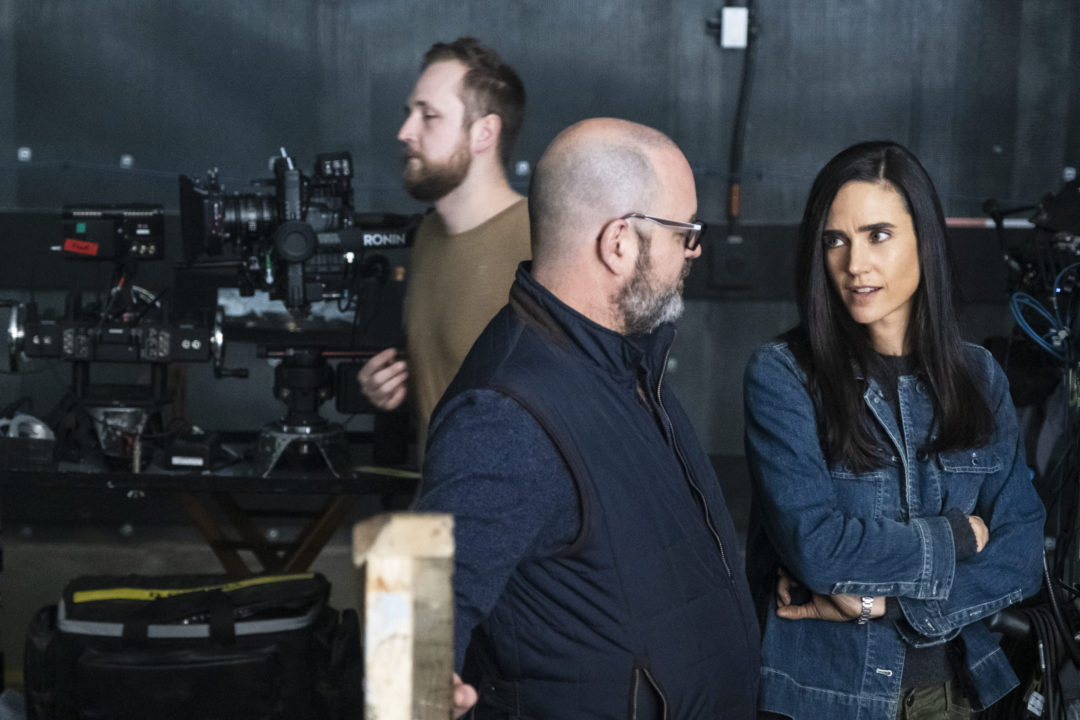
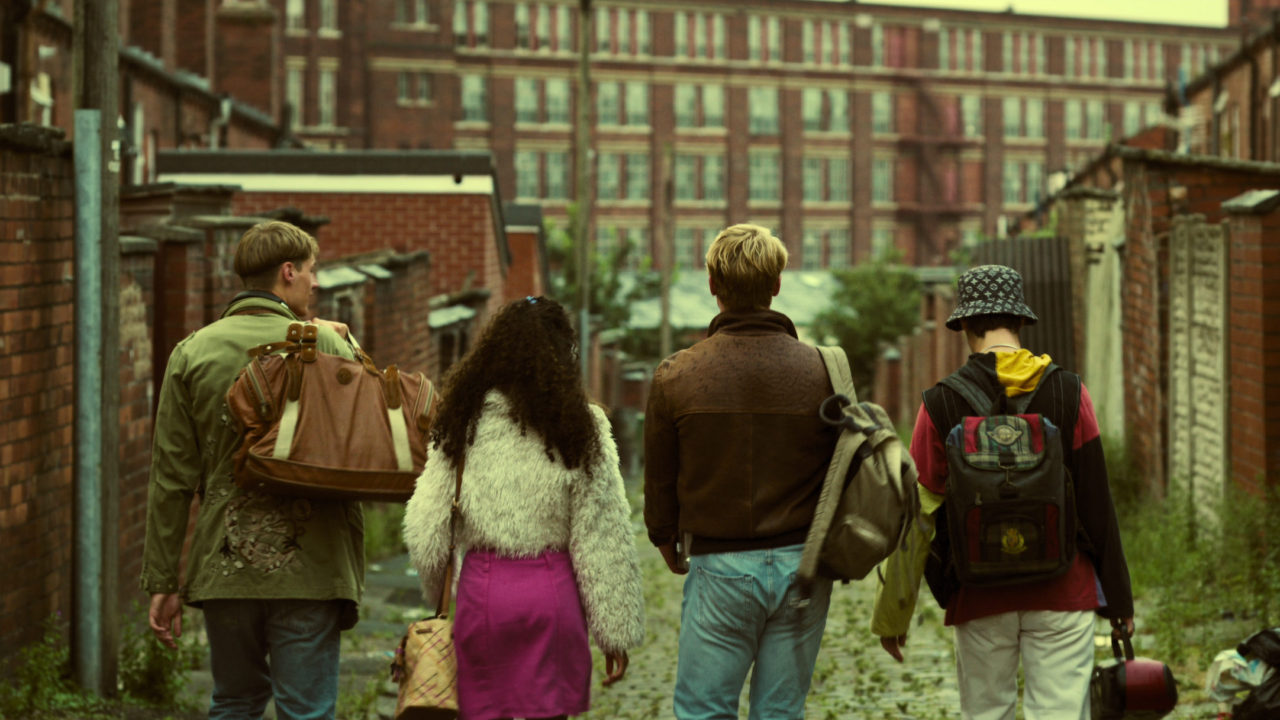
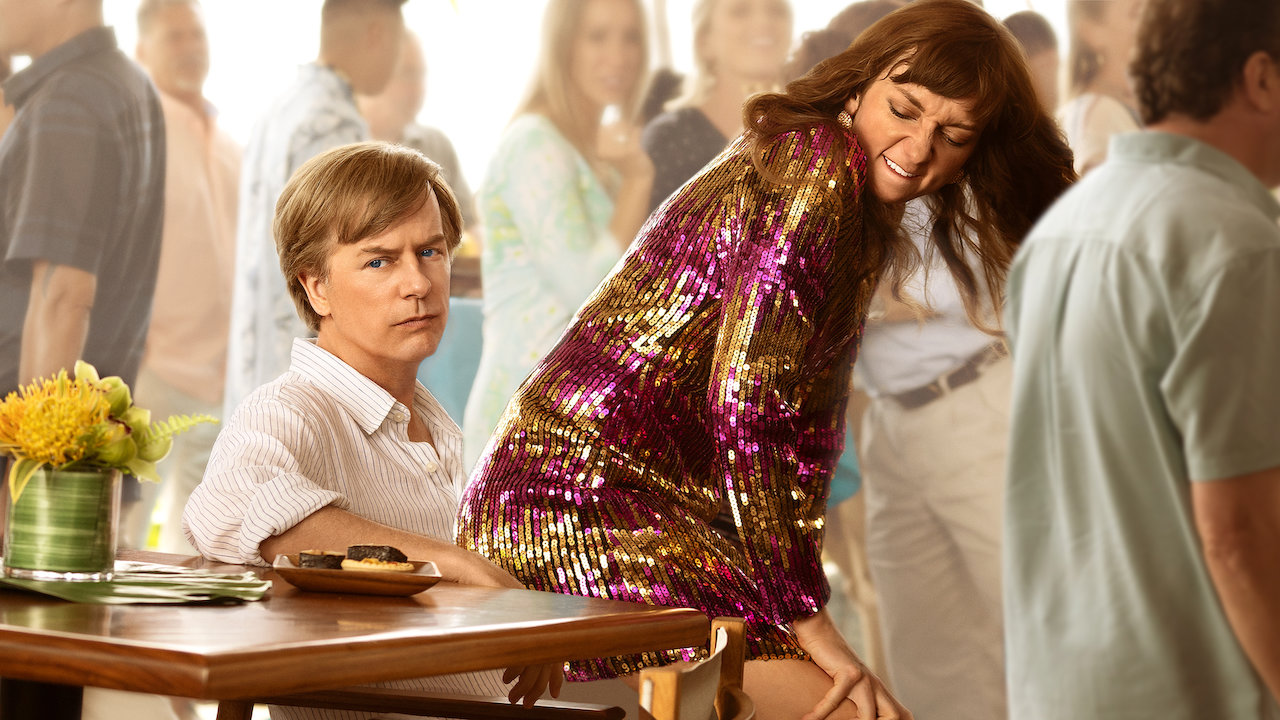
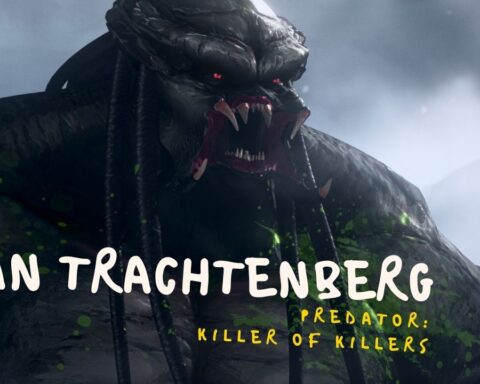
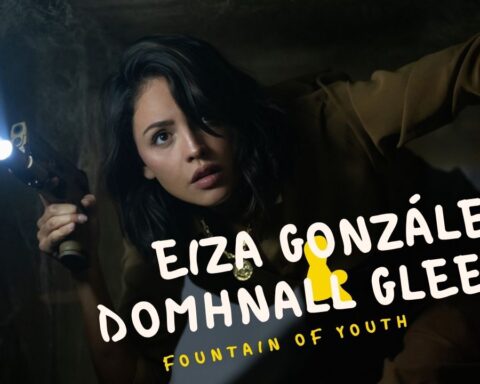
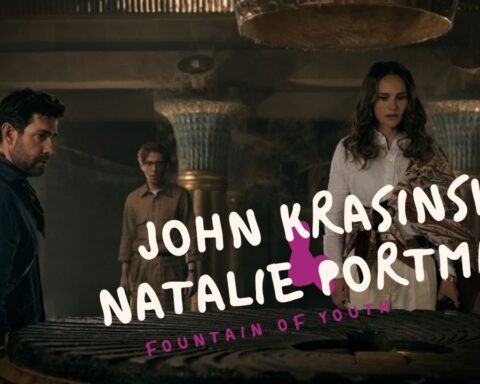
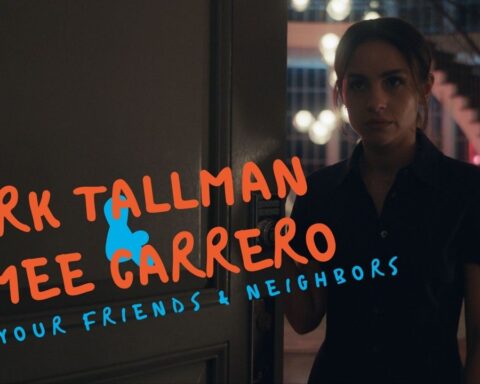
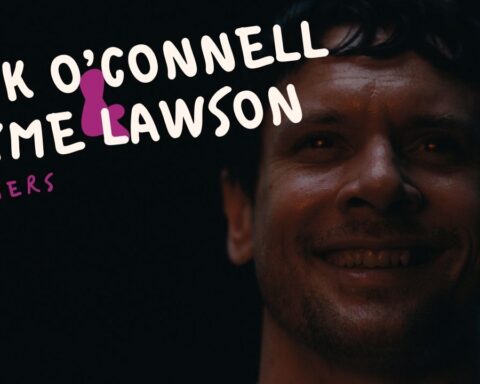
Follow Us